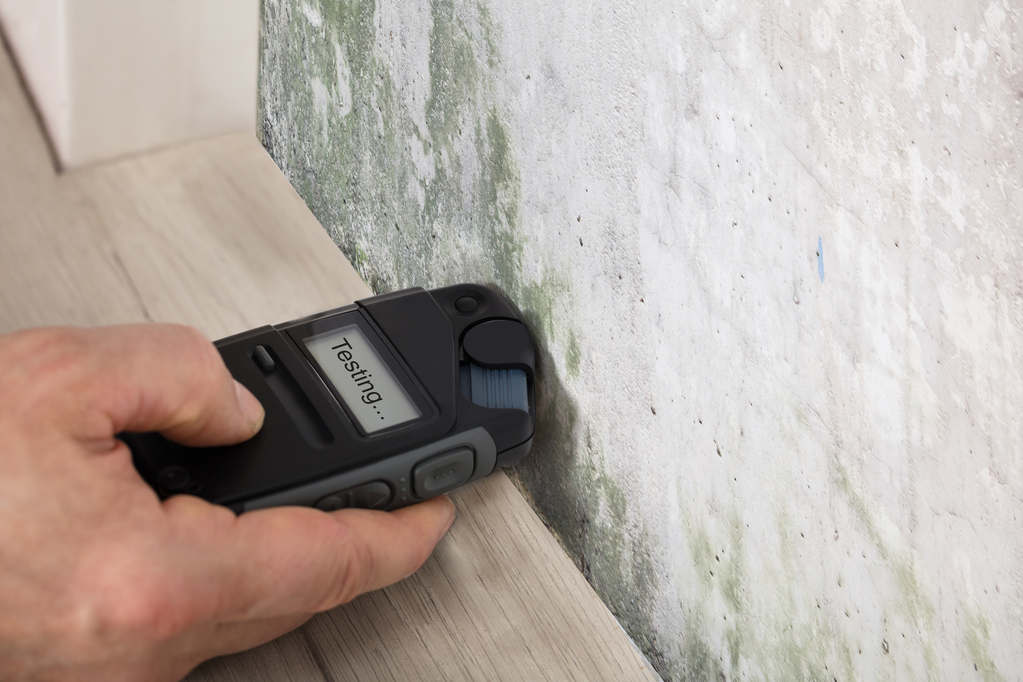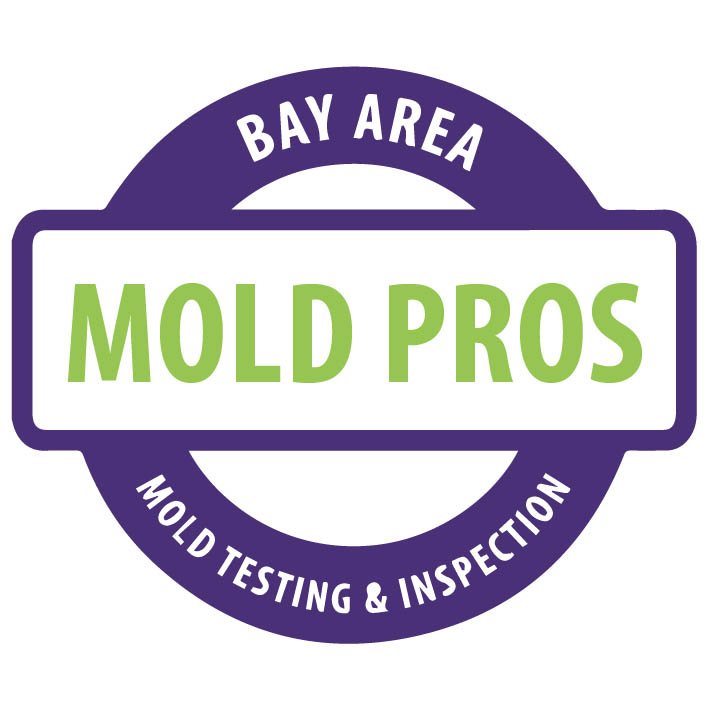Belmont Mold Inspection and Testing

Is There Mold Growing in Your Belmont Home or Business?
With Belmont mold inspection and testing services from Bay Area Mold Pros, you can rest assured you are getting just the facts. We don't try and make the results sound worse then they are to try and up sell you remediation services. We ONLY do mold testing and inspection; so there is no conflict of interest when you hire us.
Belmont and the surrounding cities in the Bay Area have received considerable rain fall in the past few years. When it rains for long periods, it can lead to flooding and water damage inside the premises. If the water damage is not properly or thoroughly treated, mold may start to grow.
Types of Mold
There are several different types of mold. All types of mold can be potentially harmful to the occupants of any structure where mold growth is occurring. The following mold types are regularly detected during inspections of Belmont homes.
- Stachybotrys
This strain of mold is commonly referred to as “toxic black mold”. It has a dark green or black color with a slimy texture.
Stachybotrys may cause severe health issues, including diarrhea, respiratory problems, headaches, memory loss and depression. Young children, whose lungs aren’t fully developed yet, have a greater health risk when exposed to mold growth. - Chaetomium
Chaetomium mold has a cotton-like texture. Initially, it is white but will darken from gray to brown and black. This type of mold can cause symptoms like red, watery eyes and breathing problems. It can also cause skin rashes and infections. - Aspergillus
This mold appears as long, flask-shaped spores that can present in thick layers. It can come in many colors, since there are almost 200 species.
Symptoms of exposure include allergies, respiratory infections, and lung inflammation. Certain species may contain a deadly carcinogen. Aspergillus is especially dangerous to those with compromised immune systems. - Penicillium
This is the mold used to make penicillin, a powerful and life-saving antibiotic. However, when penicillium grows inside your Belmont home or workplace, it can cause health risks.
Penicillium is bluish-green in color with a velvety texture. When its spores circulate, they are inhaled, causing asthma, sinusitis, bronchitis, and other respiratory and pulmonary problems. - Fusarium
Fusarium forms a web-like appearance and is pink, white or red. When growing indoors, it is usually in carpet, wallpaper, and other fabrics.
Exposure to fusarium can cause allergic reactions that present as cold-like symptoms. It can also cause skin infections. Prolonged exposure may result in more severe conditions, including bone infections, brain abscesses, and nervous system damage. In very rare cases, a serious eye infection, fusarium keratitis, can result. - Altemaria
Alternaria has a velvety texture that is dark green or brown. It typically grows in bathroom showers, tubs and underneath the sink. It can also grow on cardboard, drapes and furniture.
Symptoms of exposure to Alternaria include allergy issues and worsening asthma. This mold will spread quickly.
What Do You Do if You Suspect Mold Growth?
Mold growth within the confines of your Belmont home or commercial building can be hazardous. The longer you wait to address it, the more widespread and serious those effects can be to your family or employees.
It’s best to hire a professional to inspect your premises for mold. Bay Area Mold Pros has the expertise to locate areas of your Belmont home where mold is growing, and equally important, why mold is growing in the first place. We provide a detailed report that includes our findings and recommendations on what to do next.
Don’t continue to put yourself and others at risk by leaving mold growing unchecked. Give Bay Area Mold Pros a call to ensure that your Belmont home is safe from mold growth for you and your family.
